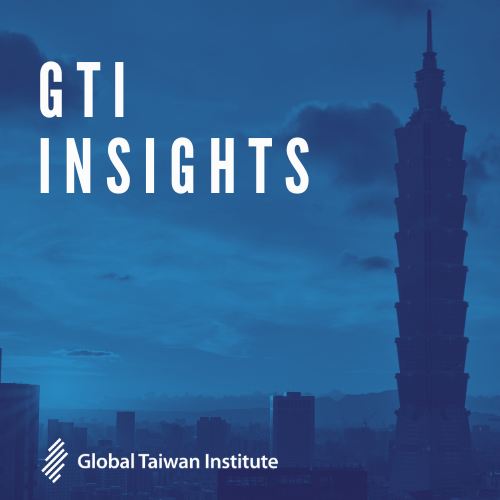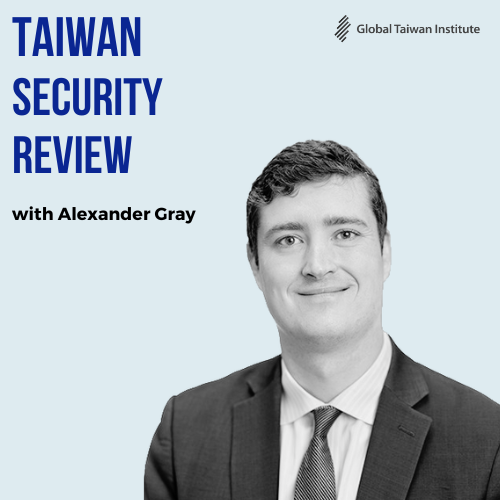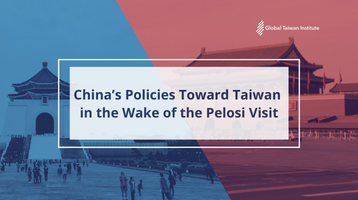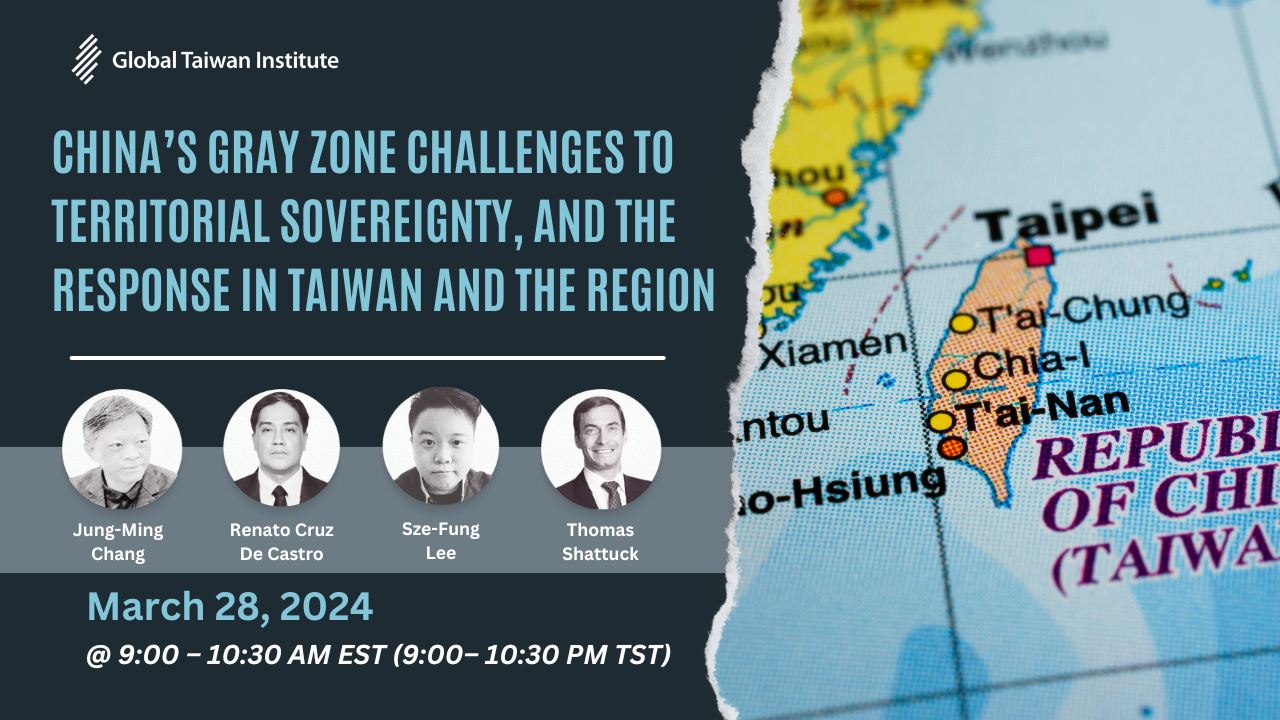


LATEST RESEARCH AND ANALYSIS
Public Seminars
Events focused on topics relating to Taiwan, Taiwan-US relations, cross-Strait relations, and Taiwan’s global policy. Seminars are free and open to the public.
Read our latest occasional report
In recent years, the People’s Republic of China (PRC) has greatly expanded its use of geoeconomic tools as part of its broader campaign to exert influence and reshape the global order. Perhaps predictably, Taiwan has faced the brunt of these efforts, forced to contend with a vast array of Chinese operations, from targeted trade barriers to large-scale economic infiltration campaigns. Despite Taiwan’s tireless efforts to push back against these tactics, Beijing’s geoeconomic policies could nevertheless pose substantial risks to the island’s economic and national security. Given Taiwan’s crucial role in global supply chains—particularly in the semiconductor sector—a threat to Taiwan represents a threat to the international economic system.
Recognizing that the US-Taiwan partnership is the strongest safeguard against Beijing’s coercive economic policy, the report’s authors provide an in-depth survey of geoeconomic cooperation between Washington, Taipei, and other likeminded capitals, finding that such collaboration is currently insufficient to meet the threat posed by the PRC. In response, they offer a variety of recommendations intended to expand and formalize geoeconomic ties between the United States and Taiwan, with the aim of developing a comprehensive and enduring strategy for countering China’s challenge.
Public Seminars
Events focused on topics relating to Taiwan, Taiwan-US relations, cross-Strait relations, and Taiwan’s global policy. Seminars are free and open to the public.
PODCASTS
Our podcast consists of brief, timely interviews with a wide range of policy experts, including academics, government officials, and journalists

GTI INSIGHTS
GTI Insights consists of brief, timely interviews with a wide range of policy experts, including academics, government officials, and journalists.

TAIWAN SALON
Taiwan Salon examines Taiwan’s cultural policy and approach to soft power from perspectives both inside and outside the government.

TAIWAN SECURITY REVIEW
Taiwan Security Review is a policy podcast produced by the staff of GTI. Hosted by GTI Senior Non-Resident Fellow Alex Gray











